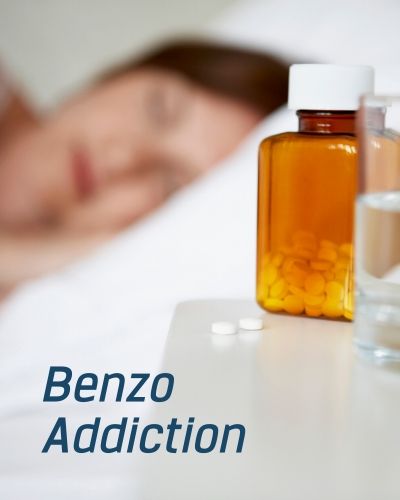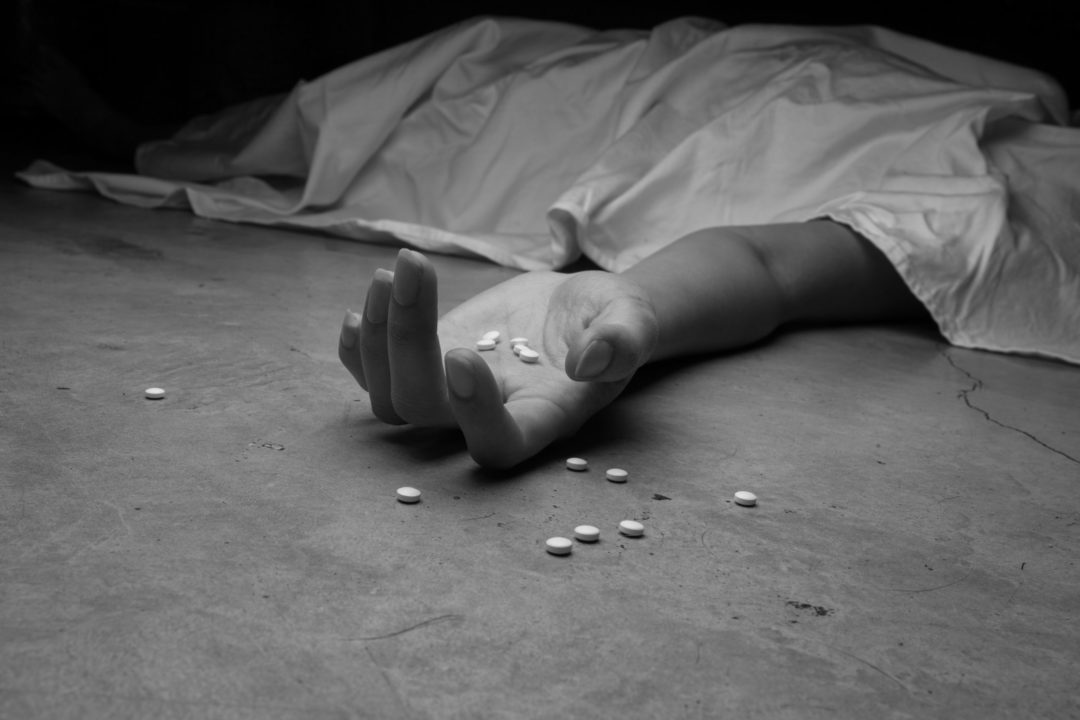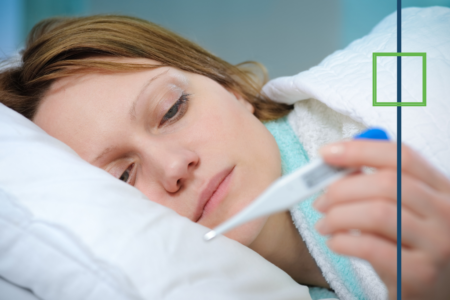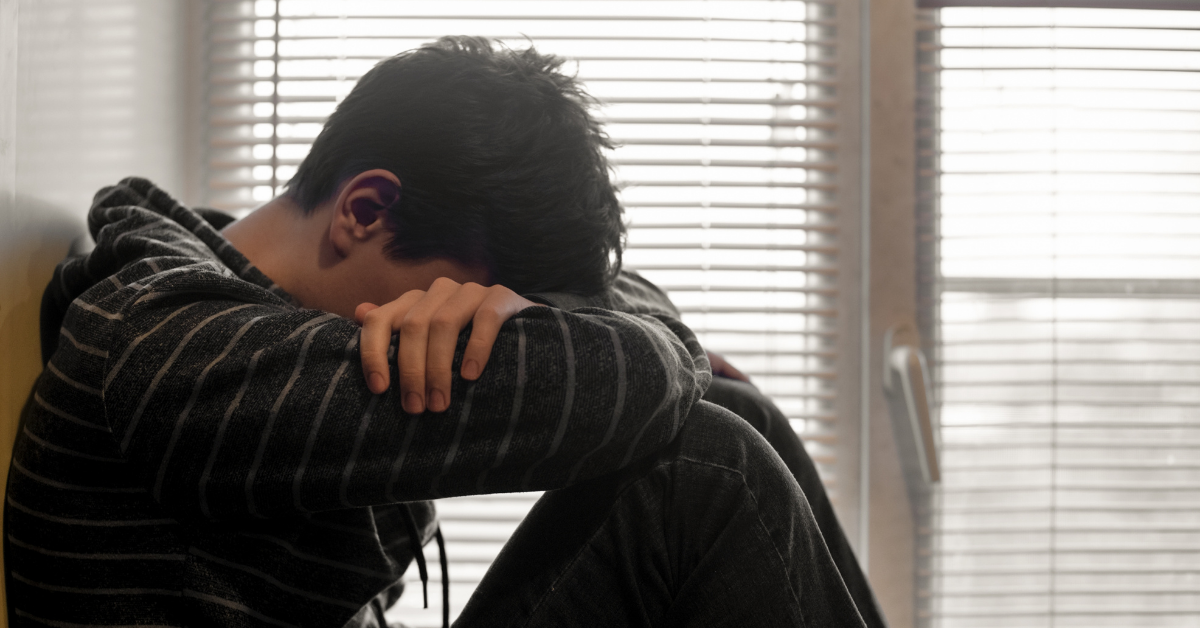What Are Benzos?
Benzodiazepines conversationally referred to as “benzos,” are a class of psychoactive drugs. Doctors often prescribe them to treat anxiety, seizures, and insomnia. However, taking too much of a benzodiazepine can be dangerous, and mixing it with alcohol or other substances can be fatal. Benzo addiction is more common than you may think. Left untreated, abusing these drugs can negatively impact your relationships, career, and physical and emotional health.
Benzodiazepine drugs are a type of medication known as tranquilizers. When people without prescriptions get and use these drugs for their sedating effects, use becomes abuse and addiction. Benzo addiction can involve both physical and psychological dependence on the drugs, resulting in withdrawal when doses are stopped or reduced. In addition, benzo addiction could include buying the drug illegally, taking it in more significant amounts, and taking it for an extended amount of time. Benzos are available in prescription pills, syrup, and injectable preparation. It is taken orally, crushed, and snorted.
Individuals abusing benzo drugs obtain them by getting prescriptions from several doctors, forging prescriptions, or buying diverted pharmaceutical products on the illicit market. According to the US Drug Enforcement Administration (DEA) [1], these are the most prescribed and frequently encountered benzodiazepines on the illicit market:
- Alprazolam (e.g., Xanax)
- Lorazepam (e.g., Ativan)
- Clonazepam (e.g., Klonopin)
- Diazepam (e.g., Valium)
- Temazepam (e.g., Restoril)

Benzodiazepines are commonly prescribed medicines. In 2019, an estimated 92 million benzodiazepine prescriptions were dispensed from U.S. outpatient retail and mail-order pharmacies, with alprazolam (38%) being the most common followed by clonazepam (24%) and lorazepam (20%). This data is from the US Food and Drugs Administration (FDA) [2].
Symptoms Of Benzo Addiction
Recognizing the signs of someone struggling with benzo addiction can be confusing. However, there are a variety of symptoms that can reveal that someone is misusing benzos. It’s important to take notice of the signs before the symptoms become deadly.
Physical Symptoms
Some physical symptoms that can happen during a benzo addiction, withdrawal, and intoxication include:
- Nausea/Vomiting
- Diarrhea
- Tremors
- Slowed Heart Rate
- Slurred Speech
- Extreme Fatigue
- Blurred Vision
- Fainting
- Slower Reflexes
- Impaired Coordination
- Lightheadedness
- Seizures
- Pale, Cold Skin
- Respiratory Depression
Psychological Symptoms
- Irritability
- Mood Swings
- Amnesia
- Depression
- Cognitive Dysfunction
- Suicidal Thoughts
Signs Of Benzo Addiction
Benzo drug addiction is a disease of the mind identified by components of psychological and physical dependence. Drug addiction results in drug-seeking behaviors and continued use despite adverse outcomes. For example, drug-seeking behaviors with a benzodiazepine may involve getting the drug from more than one provider or illegally obtaining the drug without a doctor’s prescription. Addiction to these drugs can result in negative consequences in many life functions. These consequences may include family or relationship problems, loss of work productivity, or legal issues.
Benzodiazepines or benzos are habit-forming, and an individual can become addicted to them, even if it’s taken as prescribed by doctors or health care professionals. People who have a history of alcohol or drug misuse are more likely to develop an addiction to these drugs. If you use these drugs over a long period of time you can develop a tolerance for them. This means that you will need higher doses of the drug to treat your health condition or disease because you’ve become tolerant of the lower dosage of the drug.
Signs Of Drug Addiction May Include:
- Illegally obtaining the drug
- Obtaining the drug from multiple doctors
- Cravings for the drug
- Preoccupation with obtaining the drug
- Continued use despite negative consequences
- Misusing the drug for intoxication or pleasure
- Interference with normal life functions
- Dependence and withdrawal upon stopping the drug
- Relationship problems
- Legal issues
Examples Of Benzodiazepines
Approved Benzodiazepines In The United States Include:
- Alprazolam (Xanax)
- Chlordiazepoxide (Librium)
- Clonazepam (Klonopin)
- Clorazepate (Tranxene)
- Diazepam (Valium)
- Estazolam (Prosom)
- Flurazepam (Dalmane)
- Lorazepam (Ativan)
- Midazolam (Versed)
- Oxazepam (Serax)
- Temazepam (Restoril)
- Triazolam (Halcion)
- Quazepam (Doral)

Combining Alcohol And Benzos
Mixing benzodiazepine with alcohol is very dangerous. People who drink alcohol while taking this drug will feel the effects of alcohol faster. It’s not safe to drink alcohol or take other drugs that have similar effects on the central nervous system (CNS) at the same time because these drugs or substances interact with oral benzodiazepines by causing additional depression of the brain and respiratory depression. Respiratory depression can lead to breathing that’s inadequate for supplying oxygen to the body. This can cause death.
Withdrawal Symptoms
The withdrawal symptoms of benzos are physically and emotionally uncomfortable. Also, it can even be life-threatening if the user stops “cold turkey.” Those with a history of taking higher doses or taking the substance for a long time have the worst withdrawal symptoms.
Benzodiazepine withdrawal symptoms are highly variable and often come and go. They may vary in severity and frequency throughout all phases of the withdrawal process. In an unmanaged situation, benzodiazepine withdrawal becomes much more serious and severe. When an individual stops cold turkey, the following symptoms may present:
- Insomnia
- Depression
- Sweating
- Tremors
- Muscle Cramps
- Seizures
Rebound Symptoms
The most common benzo withdrawal symptoms, often called “rebound” symptoms, usually manifest within one to four days of discontinuing use, depending on the benzo used, the amount of use, and the frequency of use. This may include insomnia, anxiety, and stress. As the body regulates through the benzodiazepine detox process, these symptoms will likely subside or reduce.
Benzo Detox & Withdrawal
Benzodiazepine detox can lead to severe withdrawal symptoms. However, proper care can reduce the likelihood of developing these symptoms and ensure a safe medically – assisted benzodiazepine detox process. Typically, this means that the removal of benzo from the individual detoxing is done slowly. This will depend on their biology, dosage, and frequency of use.
Withdrawal Timelines
Much like detoxing from other prescription drugs, benzo withdrawal timelines can differ from case to case. For someone who was using short-acting benzos, withdrawal symptoms may begin to present themselves in as little as 6 to 8 hours. If a longer-acting benzodiazepine was used, it could be 24 to 48 hours before symptoms are observed. Withdrawal symptoms typically last about 4 days. Rebound symptoms may last about 2-3 days from when they begin.
A Holistic Approach To Benzo Addiction
Medically-Assisted Benzo Detox
Benzo addiction can have social and psychological effects on those who struggle with it. Some may find these effects to be the greatest difficulty they face. For others, it is the physical effects that are the scariest. When one stops taking benzodiazepines without tapering off, severe symptoms such as tremors, seizures, and even death can occur. For this reason, professional treatment at a medical detox facility is critical.
Benzodiazepine detox can be a long process but is necessary to overcome the addiction. Once the benzodiazepine detox process has been safely completed, then an individualized treatment plan is developed. During treatment, individuals who have struggled with benzo addiction will learn skills and tools to help them stay off of these drugs and lead a better life.
Benefits Of Benzo Detox
There are many benefits of attending a professional drug detox center, such as:
- Drug Abuse Treatment Planning
- Peer Support
- Medical Care And Monitoring
- Safe And Drug-Free Environment
- Medications To Mitigate Withdrawal Symptoms And Reduce Cravings
- Mental Health Care
- Lower Risk Of Relapse
Following detox, most clients will receive recommendations to continue with their Benzo addiction treatment. Any addiction treatment program for Benzo addiction should be integrated with individual or group therapy, mixed with non-addictive medications as needed, to reduce anxiety and depression.
Inpatient treatment is recommended if a person has severe benzo addiction, and is at risk for dangerous withdrawal symptoms. Inpatient treatment offers 24-hour care as you will live in the detox center during treatment to maintain a safe, consistent environment with available medical intervention.
Behavioral Therapies
Cognitive Behavioral Therapy (CBT) and Dialectical Behavioral Therapy (DBT) can improve individuals’ behavior. CBT targets negative and maladaptive thought patterns as it promotes positive emotions and beliefs, while DBT helps individuals address conflicting impulses so they can make healthy choices. Both therapies treat substance abuse, anxiety disorders, and other mood issues. Therapy also empowers clients to identify, avoid and mitigate cues that trigger drug cravings.
Individual And Group Counseling
Benzo addiction and mental health counseling occur in both individual and group settings. One-on-one treatment sessions may address unresolved trauma, unconscious conflicts, and specific struggles, while group sessions often involve training in life skills, stress management, conflict resolution, and social connections. Group counseling also gives individuals the chance to share their thoughts and experiences to develop social support, which is important for lasting recovery.
Find The Right Primary Mental Health Treatment Plan with Co-Occurring Addiction Diagnosis
Inpatient medical detox and residential primary addiction treatment may be available at our affiliated facility at Level Up West Palm Beach Rehab. For some primary behavioral health treatment clients, medical detox and or addiction rehab may be required first. If you have a co-occurring severe substance abuse diagnosis, please contact us prior to beginning inpatient mental health therapy. Treatment services may vary. Please call us to learn which treatment options are most suited for your individual needs.
Sources
[1] DEA – https://www.deadiversion.usdoj.gov/drug_chem_info/benzo.pdf
[2] FDA – https://www.fda.gov/media/142368/download
[3] Benzo Addiction – We Level Up





